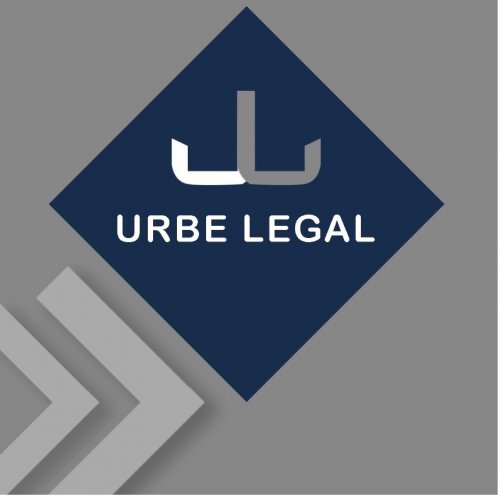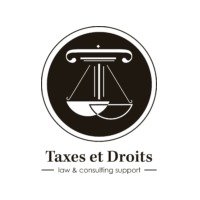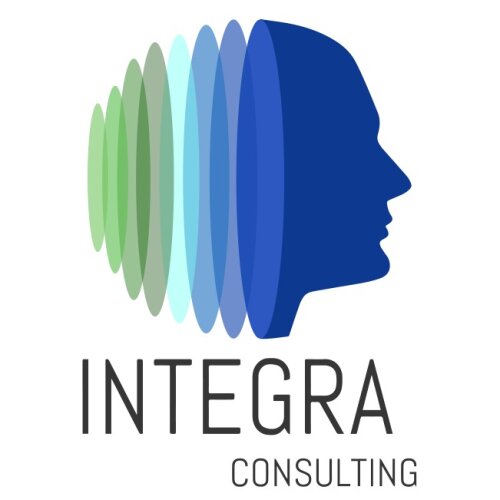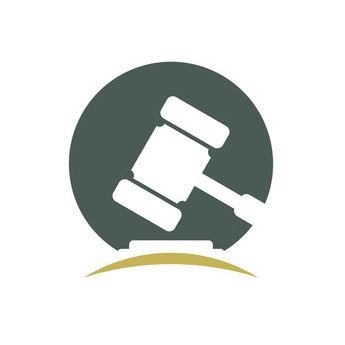Best Government Relations & Lobbying Lawyers in Guatemala
Share your needs with us, get contacted by law firms.
Free. Takes 2 min.
Or refine your search by selecting a city:
List of the best lawyers in Guatemala
About Government Relations & Lobbying Law in Guatemala
Government Relations and Lobbying in Guatemala involve the interaction between various stakeholders, including businesses, nonprofit organizations, and advocacy groups, with government officials and policymakers. This practice is aimed at influencing legislation, regulation, and other government decisions. In Guatemala, this field is relatively new and developing, with increasing importance as businesses and organizations seek to engage more effectively with government bodies.
Why You May Need a Lawyer
Engaging in Government Relations & Lobbying in Guatemala can be complex due to the evolving legal and regulatory landscape. Common situations where legal help may be required include:
- Understanding and complying with local lobbying laws and regulations.
- Developing ethical lobbying strategies.
- Drafting and reviewing contracts with lobbying firms or consultants.
- Navigating political contexts and maintaining compliance with anti-corruption laws.
- Handling disputes involving government contracts or public tenders.
- Addressing challenges in legislative reforms affecting specific industries.
Local Laws Overview
In Guatemala, the legal framework for Government Relations & Lobbying is still in development. Key aspects to consider include:
- The Penal Code criminalizes corruption involving public officials and mandates penalties for bribery and influence peddling.
- There are various regulations concerning public procurement and the use of public funds which stakeholders must adhere to ensure transparency and fairness.
- The Access to Public Information Law provides guidelines on how information should be disclosed by public entities, influencing lobbying activities.
- Engagements with government officials may require disclosures to prevent conflicts of interest or unethical influence.
Frequently Asked Questions
What is the legal status of lobbying in Guatemala?
Lobbying in Guatemala is not comprehensively regulated, making it essential for practitioners to adhere to general legal principles concerning ethics and anti-corruption.
Do I need to register as a lobbyist in Guatemala?
There is currently no mandatory registration system for lobbyists in Guatemala, but best practices suggest maintaining transparency in engagements with public officials.
How do anti-corruption laws affect lobbying practices?
Anti-corruption laws are stringent, and any form of bribery or undue influence on public officials can result in severe penalties, necessitating careful adherence to these laws.
Are there restrictions on gifts or hospitality to public officials?
Yes, there are restrictions on offering gifts or hospitality, which may be considered attempts to exert improper influence on decisions made by public officials.
What role does public procurement law play in lobbying?
Public procurement laws require transparency and competition, so engaging in lobbying efforts should align with these principles to avoid legal complications.
Can foreign entities engage in lobbying in Guatemala?
Foreign entities can engage in lobbying but must comply with local laws and ethical standards to avoid accusations of interference or undue influence.
Is lobbying considered a form of corruption in Guatemala?
Lobbying itself is not considered corrupt, provided it is done transparently and ethically, without violating anti-corruption or other relevant laws.
How can I ensure my lobbying activities are ethical?
Consulting with legal experts and adhering to established codes of conduct and transparency guidelines can ensure ethical lobbying practices.
What legal documentation should lobbyists maintain?
Lobbyists should maintain detailed records of all interactions with government officials, including the purpose, content, and any agreements made.
What are the consequences of non-compliance with lobbying regulations?
Non-compliance may result in legal action, loss of reputation, penalties, or, in severe cases, criminal charges related to corruption or undue influence.
Additional Resources
For those seeking further information or assistance, the following resources can be helpful:
- The Guatemalan Bar Association for legal practitioners specializing in government affairs.
- The Ministry of Public Finance for insights on regulations and public procurement.
- Centro de Acción Legal-Ambiental y Social de Guatemala (CALAS) for advocacy and information on transparency and governance.
- Transparency International - Guatemala Chapter for resources on anti-corruption efforts.
Next Steps
If you need legal assistance in the field of Government Relations & Lobbying in Guatemala, consider the following steps:
- Consult with a legal expert specializing in government affairs to understand the specific legal requirements and implications for your situation.
- Document all interactions and strategies concerning government relations to ensure compliance with local laws.
- Stay informed about changes in regulations and best practices in the lobbying field by subscribing to updates from professional legal organizations and government bodies.
- Reach out to professional networks or legal associations for recommendations on qualified legal counsel specializing in lobbying laws.
Lawzana helps you find the best lawyers and law firms in Guatemala through a curated and pre-screened list of qualified legal professionals. Our platform offers rankings and detailed profiles of attorneys and law firms, allowing you to compare based on practice areas, including Government Relations & Lobbying, experience, and client feedback.
Each profile includes a description of the firm's areas of practice, client reviews, team members and partners, year of establishment, spoken languages, office locations, contact information, social media presence, and any published articles or resources. Most firms on our platform speak English and are experienced in both local and international legal matters.
Get a quote from top-rated law firms in Guatemala — quickly, securely, and without unnecessary hassle.
Disclaimer:
The information provided on this page is for general informational purposes only and does not constitute legal advice. While we strive to ensure the accuracy and relevance of the content, legal information may change over time, and interpretations of the law can vary. You should always consult with a qualified legal professional for advice specific to your situation.
We disclaim all liability for actions taken or not taken based on the content of this page. If you believe any information is incorrect or outdated, please contact us, and we will review and update it where appropriate.
Browse government relations & lobbying law firms by city in Guatemala
Refine your search by selecting a city.

















